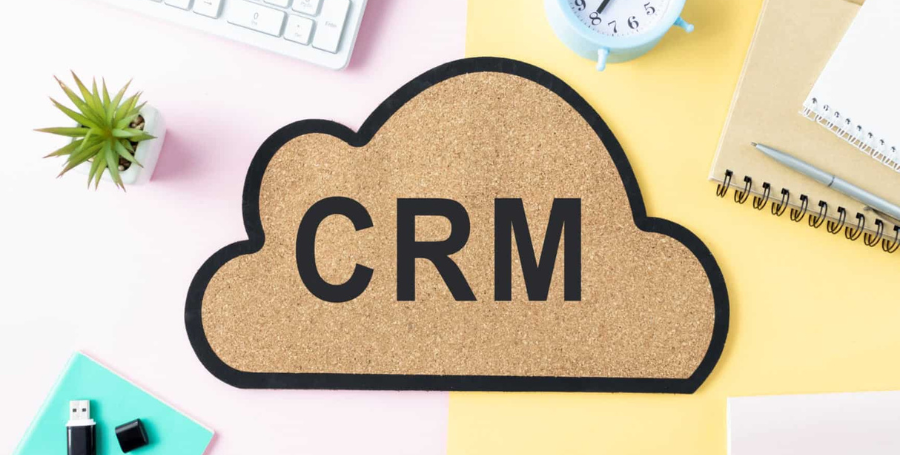What is CRM Software Used For?
CRM defined.
Let’s start by defining what a CRM is. CRM stands for Customer Relationship Management. It is a term used to describe the tool used by businesses to help manage the interaction with prospective, current and future customers.
A CRM system is a single, central location where businesses keep data and information about their customers. From simple things like name, address, and phone numbers, to more detailed information like transaction details, notes about customer conversations, and documents pertaining to a particular customer.
Besides a CRM being a depository for customer information, some modern CRMs, like AllClients, include marketing automation capabilities to help businesses streamline, organize, and automate.
“How are CRMs used?”
The way CRMs are used varies widely from business to business. Some businesses use their CRM like a simple rolodex. They will put all of their contacts in the CRM – but just basic demographic info. Then, when they need a phone number or look up an address, they will go to CRM to find it. This is not a bad way to start out using CRM software – and it’s still miles ahead of those business owners who are still using pen and paper!
Most businesses will use a CRM more traditionally and use more of the system’s functionality. They will use the CRM software system to keep notes about each customer – set up to-do’s and reminders – keep track of clients’ birthdays and separate their contacts into categories: prospective customers, current customers, and past customers.
Then you have those super-users. These folks will rely on the CRM software system much more heavily. They will use the CRM to automate their internal workflows, capture new leads with landing pages, set up autoresponder campaigns, build sales funnels, track every detail in a transaction, and more.
“What kind of CRM is right for me?”
There are hundreds (thousands?) of CRMs to choose from. On the high end, you will have products like Salesforce, Hubspot, and Keap. These are excellent products designed for super-users that can help your business do anything you can think of…and more. Along with their robust feature set, comes a hefty price tag. However, you can never go wrong selecting one of these products. As the old saying goes… “You will never be fired by choosing IBM!”
On the low end, you can use inexpensive and free tools, like Microsoft Outlook, Gmail, or even a spreadsheet. While these software solutions are not technically CRMs, they can help you get started and are certainly better than pen and paper!
In selecting a CRM system, think about what YOU need and how YOU will use it. Who cares if a product has hundreds of features, or if a product is used by thousands of other businesses? This is all about you and your business.
The #1 consideration should be finding a CRM software system that you will actually use. It doesn’t matter what a system can do if YOU won’t use it. So the ease of use (for you) is VERY important.
Also, look for a CRM software system you can grow with. Remember, you can start using the system just as a rolodex, and then when you get comfortable at that level, spread your CRM wings!
“Should I even have a CRM?”
Yes.
“Should I consider AllClients for my CRM?”
Yes.

